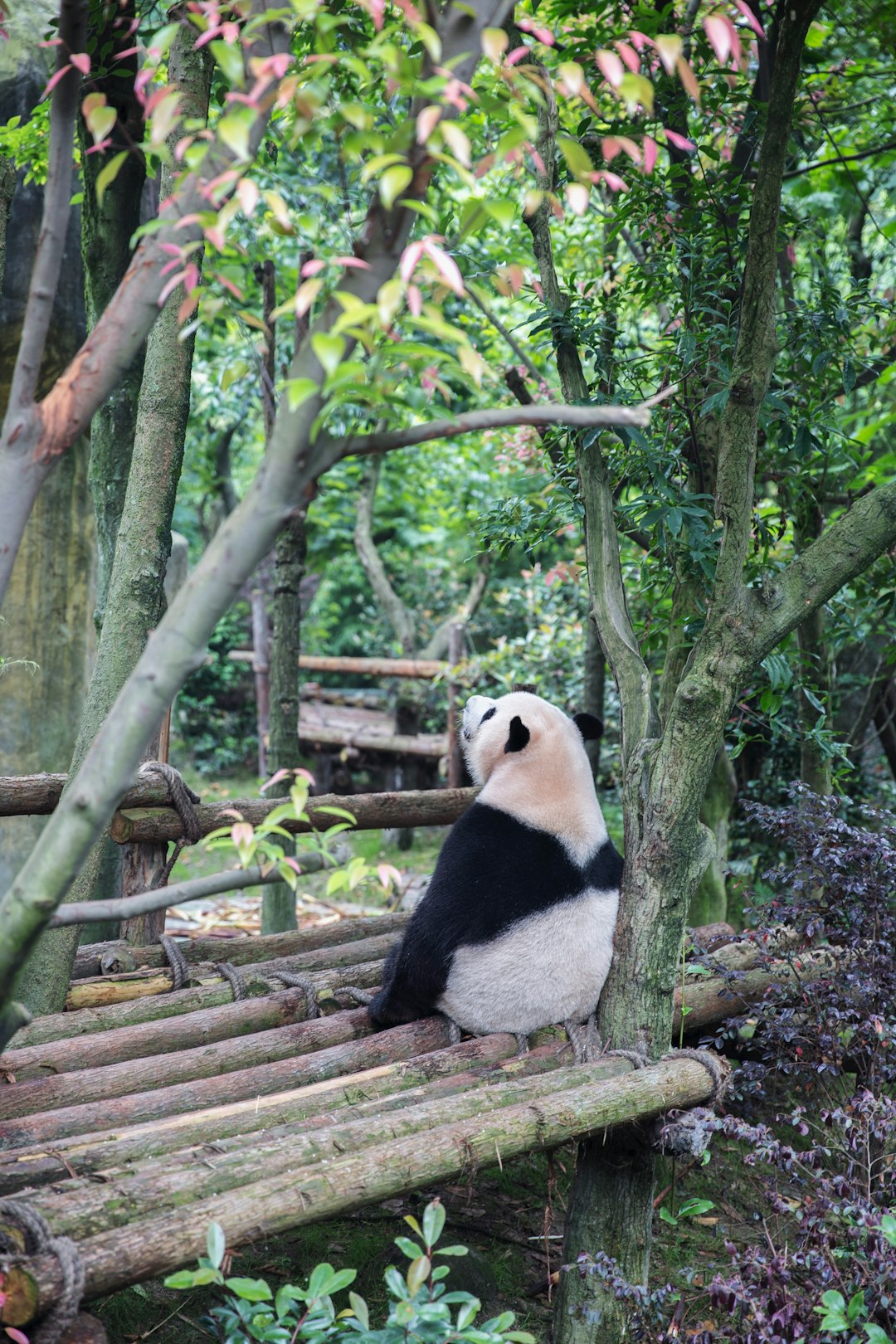Like Russia, China has invested heavily in influence operations to shape the information space. Also like Russia, China’s approach goes well beyond disinformation, aiming to mold public opinion about China by any means necessary. And every Chinese person must contribute to this goal. For China, individuals, companies, organizations, community groups, everything is there to serve the Chinese Communist Party. The Party is the state and the state is the Party. And everything should serve the Party and state’s needs.
The United Front and a Whole-of-Society Approach
China has what is called the United Front system. This system stems from Chinese Communist Party (CCP) agencies that aim to coopt and influence certain groups both inside and outside China, in order to push the CCP’s agenda and protect the international image of China and the CCP.
The system carries out actions aimed at “elite capture,” that is, influencing the influencers, getting the CCP’s message to specific nodes in the network and getting those nodes to disseminate and amplify the messaging. The messaging is shaped to soften criticism of China and to influence policymakers at all levels of foreign governments to help shift policy in a direction that favors China. This can be done by exploiting societal divisions to sow discord and cause chaos, much like Russia does. But it can also go beyond that. The United Front aims to neutralize opposition, influence groups or individuals to take particular actions, or to pressure people in open societies to self-censor and remove themselves from political discussions (thus silencing them). All of this is done to undermine anyone who might be critical of the CCP.
As noted in the US Director of National Intelligence 2023 annual threat survey: “to stifle anti-Beijing criticism, the [People’s Republic of China, or PRC] monitors overseas Chinese students for dissident views, mobilizes Chinese student associations to conduct activities on behalf of Beijing, and influences research by U.S. academics and think tank experts. These activities have included pressuring family members in China, denying or canceling visas, blocking access to China’s archives and resources, and disrupting or withdrawing funding for exchange programs.” These are only a few examples of the types of influence operations China runs.
Some of this United Front work is done overtly; some is done covertly.
Covert Funding and China’s Proxies
Much like how Russia uses proxies to provide it with plausible deniability, so too does China utilize a wide range of cover groups to carry out its influence operations. However, while Russian oligarchs understand they need to serve the state to a certain extent, China’s approach is broader. All of Chinese society should be serving the state. But because the state needs some plausible deniability, a number of proxies are utilized to give the veneer of independence.
Keep reading with a 7-day free trial
Subscribe to Rant! with Alex Finley to keep reading this post and get 7 days of free access to the full post archives.


